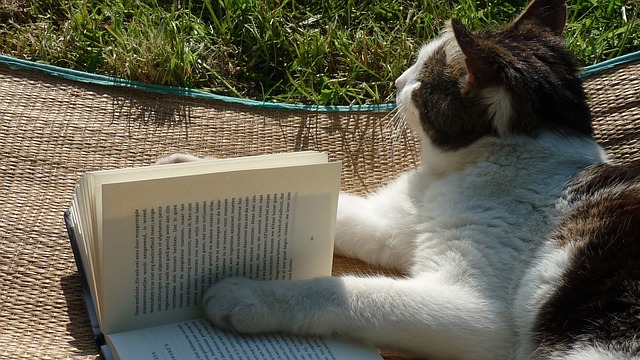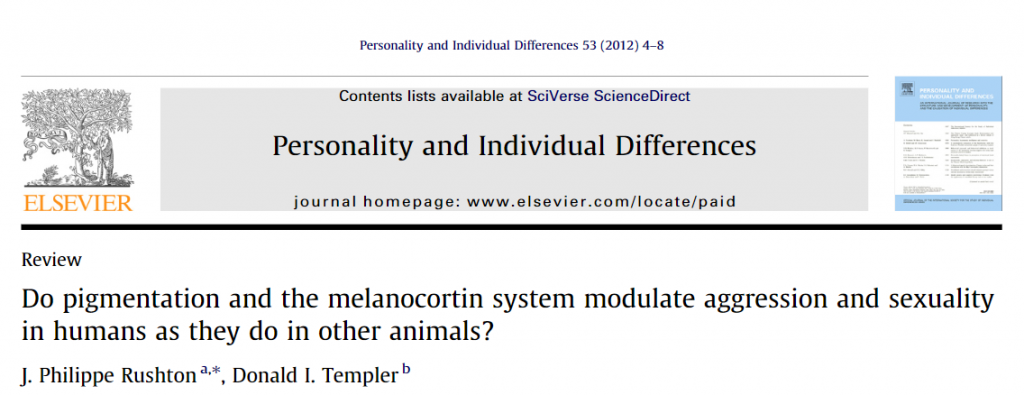
The authors of a controversial paper on race and police shootings say they are retracting the article, which became a flashpoint in the debate over killings by police, and now amid protests following the murder of George Floyd.
[See an update on this post.]
The 2019 article in the Proceedings of the National Academy of Sciences (PNAS), titled “Officer characteristics and racial disparities in fatal officer-involved shootings,” found “no evidence of anti-Black or anti-Hispanic disparities across shootings, and White officers are not more likely to shoot minority civilians than non-White officers.” It has been cited 14 times, according to Clarivate Analytics’ Web of Science, earning it a “hot paper” designation.
Joseph Cesario, a researcher at Michigan State University, told Retraction Watch that he and David Johnson, of the University of Maryland, College Park and a co-author, have submitted a request for retraction to PNAS. In the request, they write:
Continue reading Authors of study on race and police killings ask for its retraction, citing “continued misuse” in the media






